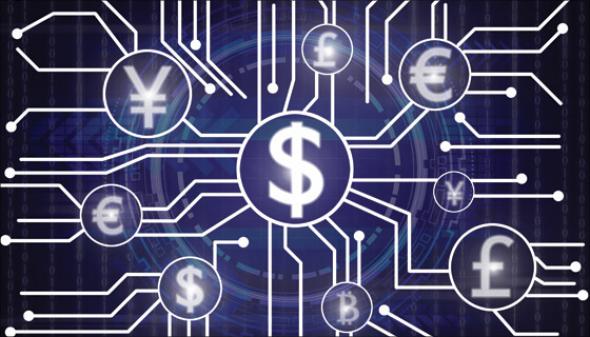

There is a huge amount of buzz around blockchain and many explanations out there for what it is, and its likely benefits for financial services, especially banking and finance.
A blockchain, according to the excellent Blockchain Revolution by Don and Alex Tapscott, basically allows you to send money directly and safely from me to you. That’s without the need for a third party at all; no bank, credit card or PayPal. Digital currency like Bitcoin isn’t filed away somewhere, but rather represented in a global spreadsheet, or ledger, which is used to directly verify or approve each transaction.
Big banks have already put a lot of store into blockchain’s promise to deliver speed, and lower costs, and security with fewer errors. Barclays is using it for trade finance transactions, and the Royal Bank of Scotland is planning on piloting its blockchain in the months ahead.
All very interesting, but what does this mean for the insurance industry? This industry is often slow to adopt change, and yet blockchain has the potential to effect it more profoundly and significantly that other financial service industries.
To learn more about blockchain's impact on the insurance industry, please read my Finextra article.